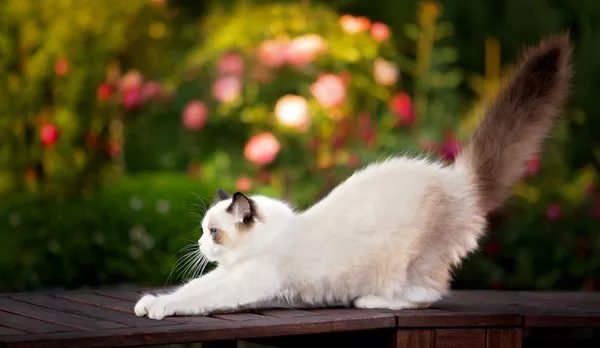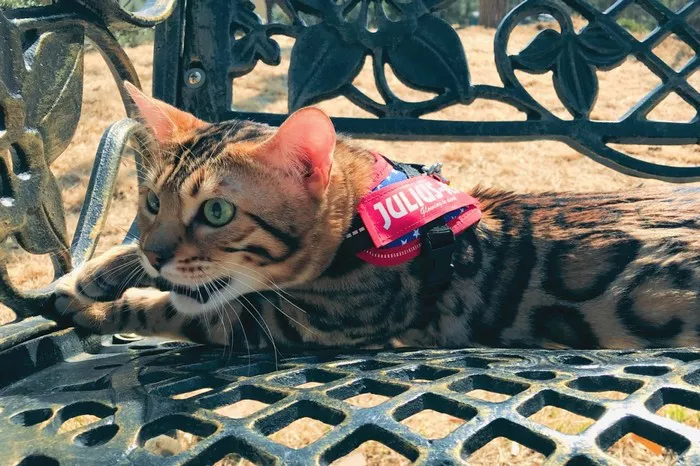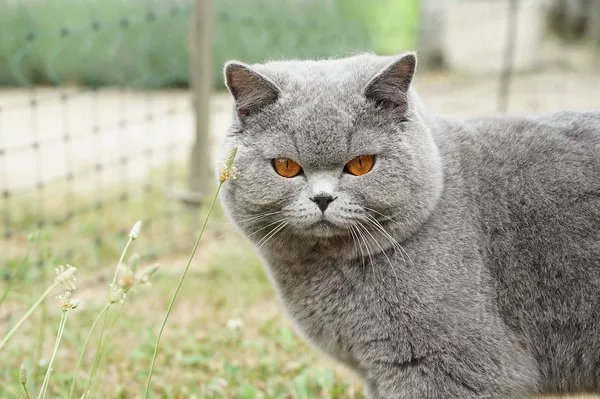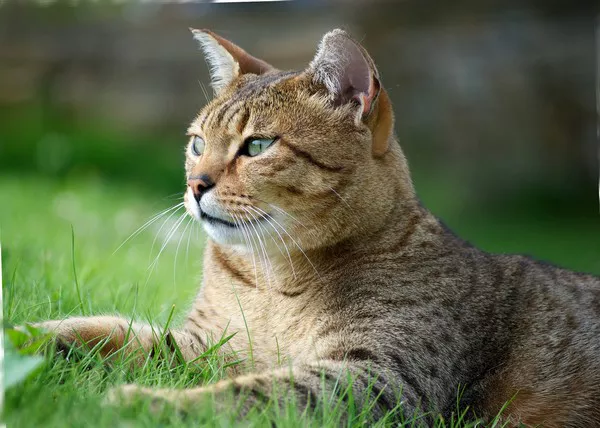As a cat owner, you know how important it is for your feline friend to maintain a healthy appetite. When your cat won’t eat, it can be concerning and frustrating. However, there are various reasons why a cat may lose interest in food. In this article, we’ll explore the potential causes behind a cat’s refusal to eat and provide practical solutions to help you address this issue. By understanding the factors at play and taking appropriate steps, you can ensure your cat’s well-being and happiness.
The Natural Appetite of Cats
1. Understanding Feline Behavior
Cats are known for their unique behaviors, and their eating habits are no exception. Unlike some other animals, cats are natural grazers, preferring to eat several small meals throughout the day rather than consuming large amounts at once.
1.2. Appetite Fluctuations
It’s not uncommon for cats to have fluctuations in their appetite. They may eat more on some days and less on others, which is often influenced by factors such as activity level, weather, and stress.
Potential Causes of Decreased Appetite
1. Health Issues
A cat’s appetite can be greatly impacted by underlying health issues. Dental problems, gastrointestinal disorders, infections, and even pain can lead to a decreased desire to eat.
2. Stress and Anxiety
Cats are sensitive creatures that can be easily stressed by changes in their environment. New pets, moving to a new home, or changes in routine can trigger stress-induced appetite loss.
3. Food Preferences
Cats can be quite particular about their food preferences. A sudden change in diet or offering a new type of food that your cat doesn’t like can lead to refusal to eat.
Observing Your Cat’s Behavior
1. Monitoring Water Intake
If your cat is not eating, it’s important to monitor their water intake. Dehydration can worsen the situation, so make sure your cat has access to fresh water at all times.
2. Litter Box Habits
Pay attention to your cat’s litter box habits. Changes in urination or defecation patterns can indicate underlying health issues that may be affecting their appetite.
Guideline: Helping a Resistant Cat or Kitten Eat
Begin with Thorough Medical, Dietary, and Environmental Assessment: Take into account recent events or changes that might affect your feline’s appetite.
Evaluate Medication Effects: Examine whether any medications might be causing gastrointestinal distress, leading to loss of appetite.
Consult a Veterinary Professional: Schedule a comprehensive veterinary examination for your pet, encompassing a thorough assessment of oral health, chest and abdominal regions, rectal condition, and retinal health.
Consider Altering Food Options: Seek guidance from your Veterinarian on whether your cat would benefit from a switch to semi-moist, canned, or dry cat food.
Introduce Appetizing Toppers: Employ creative strategies to entice a cat displaying a lack of interest in food.
Optimize Canned Food Temperature: Elaborately warm the canned food, utilizing the microwave, to enhance its aroma and appeal.
Explore Kitten-Specific Food: Embrace the option of kitten-formulated food, recognized for its heightened protein and fat content, contributing to enhanced flavor.
Incorporate Catnip for Stimulation: Deliberately include catnip, a natural appetite stimulant, particularly as an enticing garnish atop the food.
Experiment with Fresh Poultry: Consider offering cold cuts of poultry, replicating the dietary choices of wild felines.
Revise Feeding Area Placement: Strategically position the feeding bowl in an exclusive location, distinct from where other pets dine.
Supplement with Vitamin B12: Employ a water-soluble B12 supplement as an effort to invigorate the appetite of a cat displaying signs of anorexia.
Serve Frequent, Smaller Meals: Prioritize providing reduced portions at more frequent intervals, catering to the cat’s potentially diminished appetite.
Ensure Clean Drinking Water: Recognize that cats exhibit a preference for consuming water from impeccably clean surfaces.
By adhering to these strategies, you can effectively encourage a reluctant cat or kitten to resume a healthy eating routine while addressing potential underlying factors impacting their appetite.
Conclusion
In conclusion, a cat’s refusal to eat can be a cause for concern, but it’s important to approach the situation calmly and methodically. Understanding the natural eating habits of cats and considering factors such as health issues, stress, and food preferences can help you identify the cause of your cat’s decreased appetite. By observing your cat’s behavior, offering enticing solutions to encourage eating, and seeking veterinary care when necessary, you can ensure your feline companion receives the care and attention needed to maintain their health and well-being. Remember that your veterinarian is a valuable resource for guidance and advice tailored to your cat’s individual needs, helping you navigate the challenges of ensuring your cat’s continued happiness and health.



























